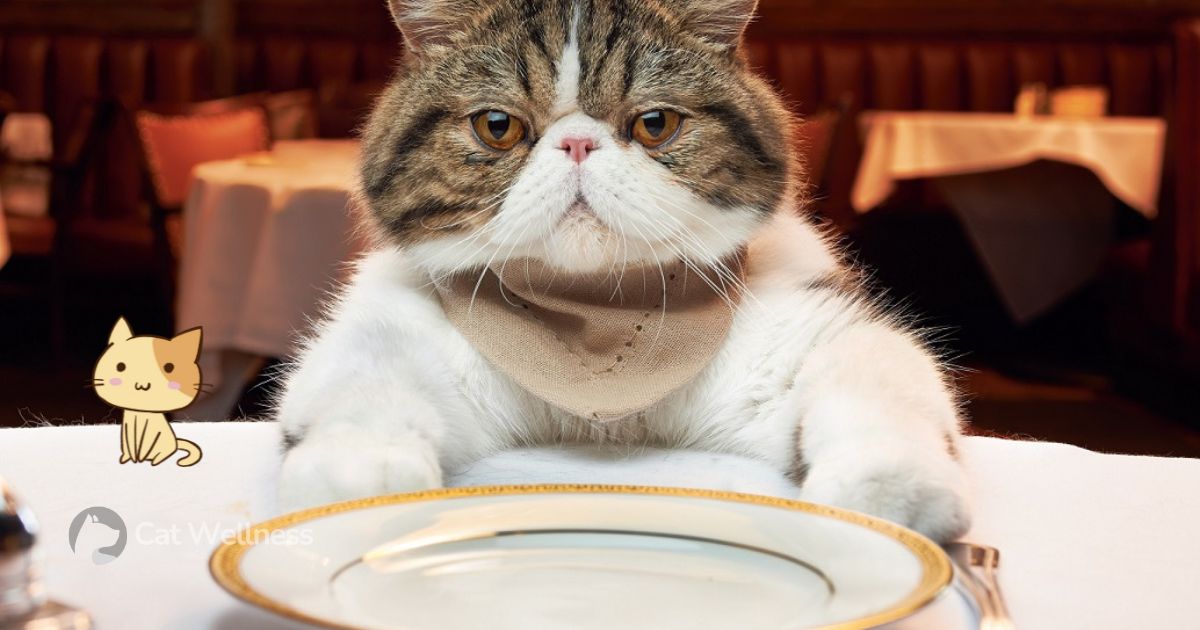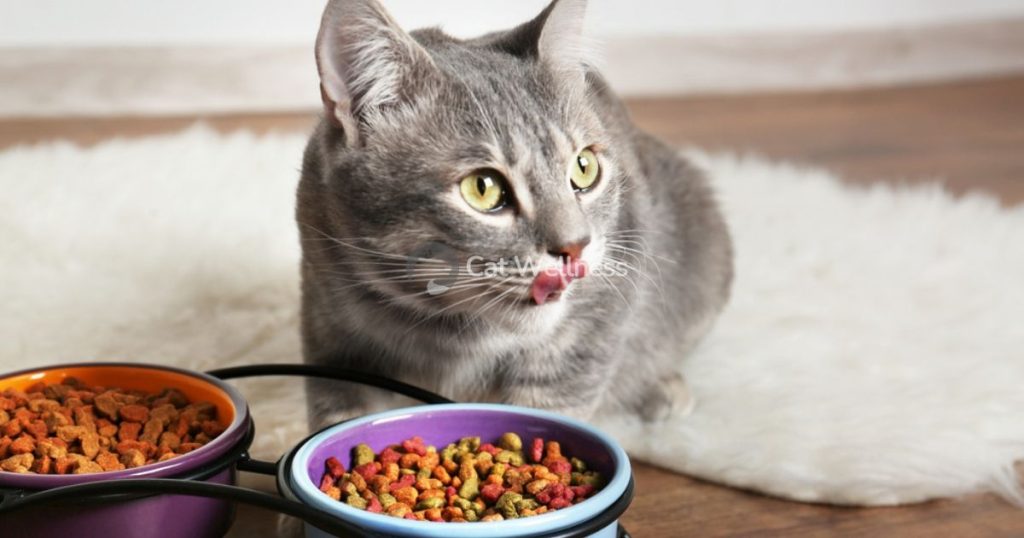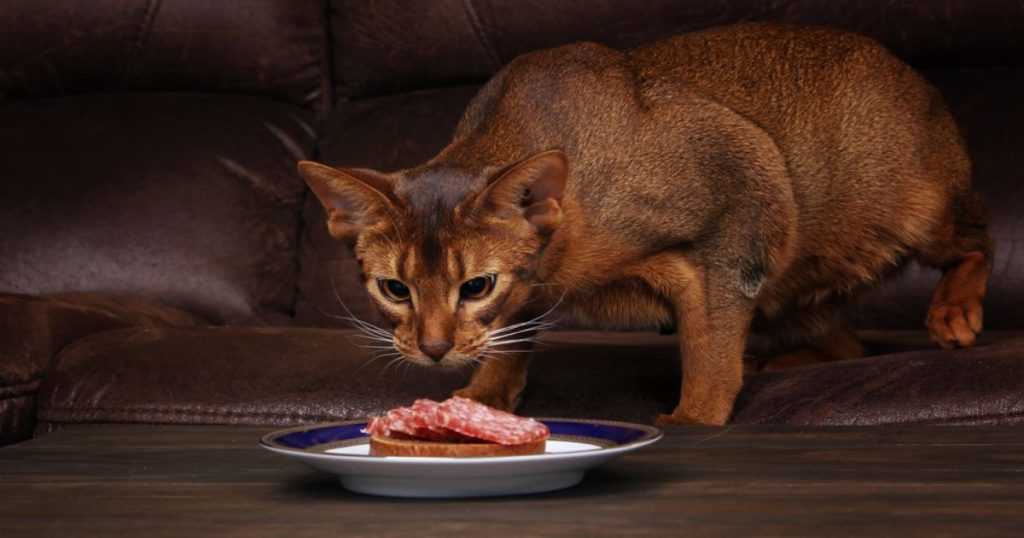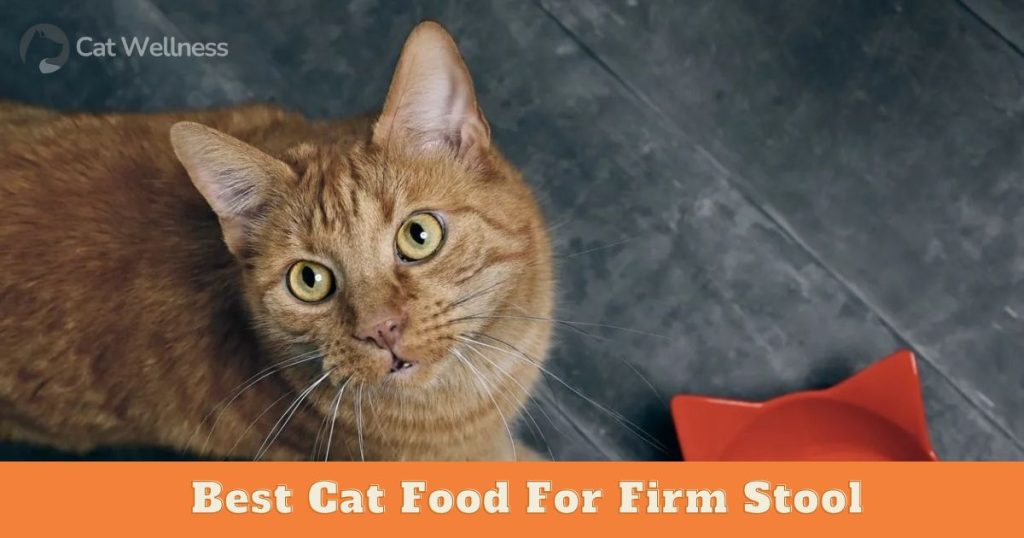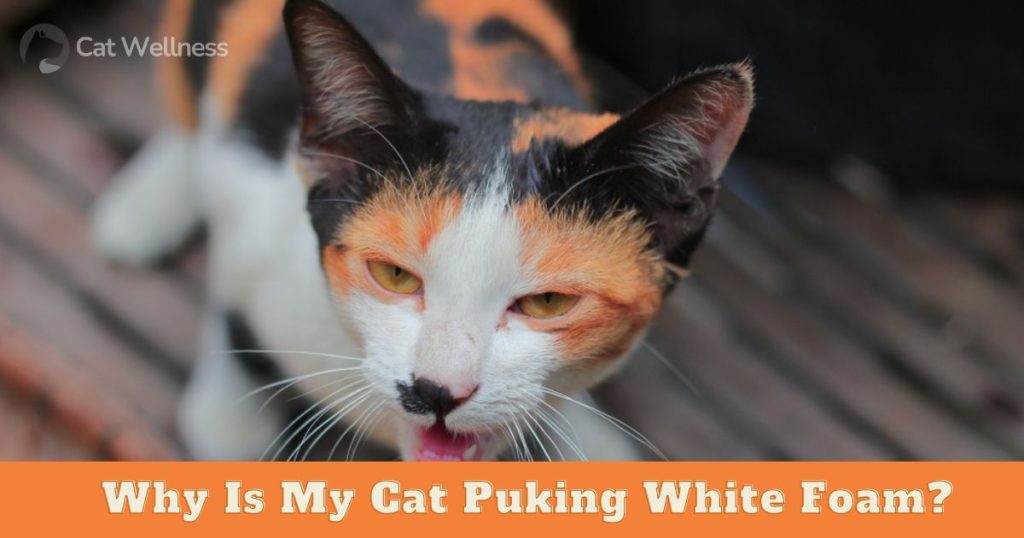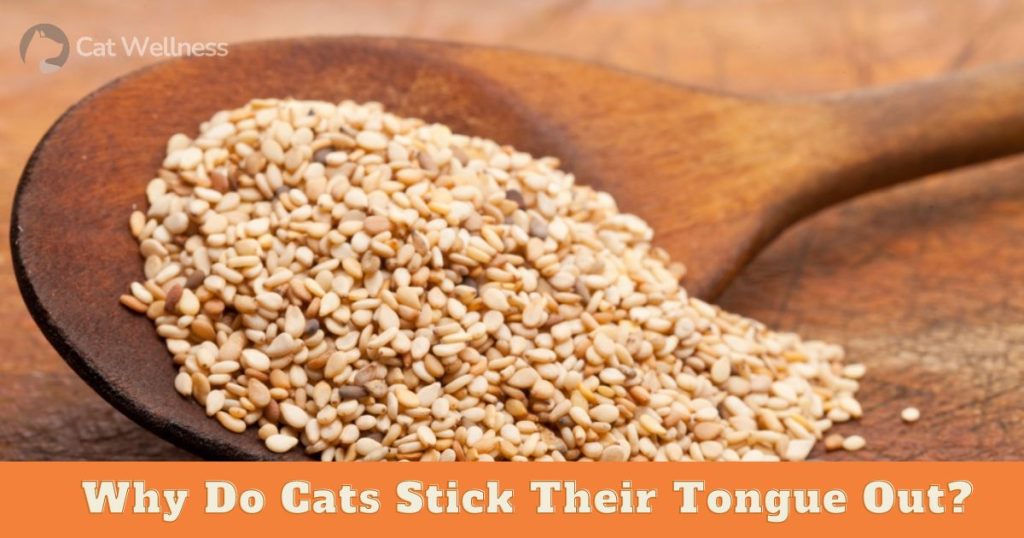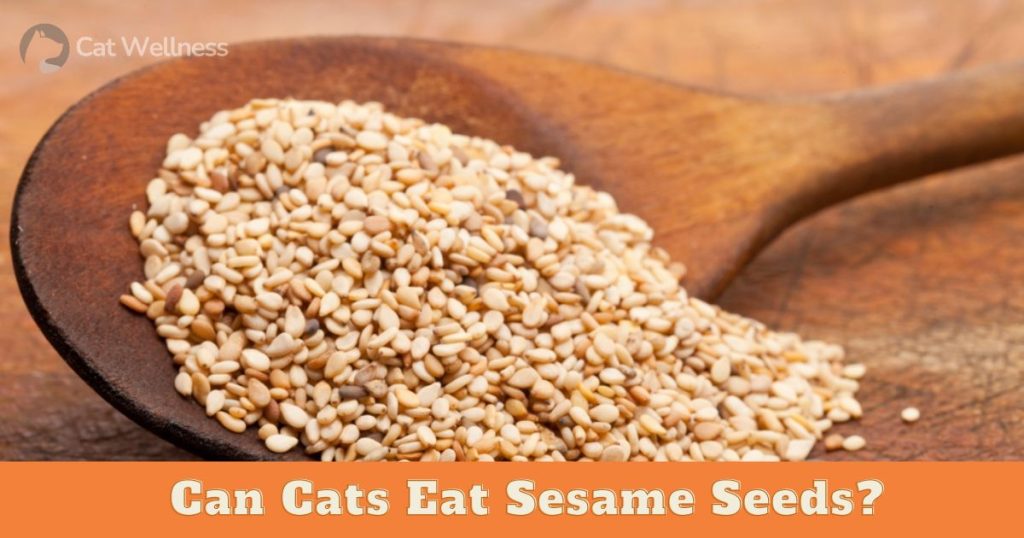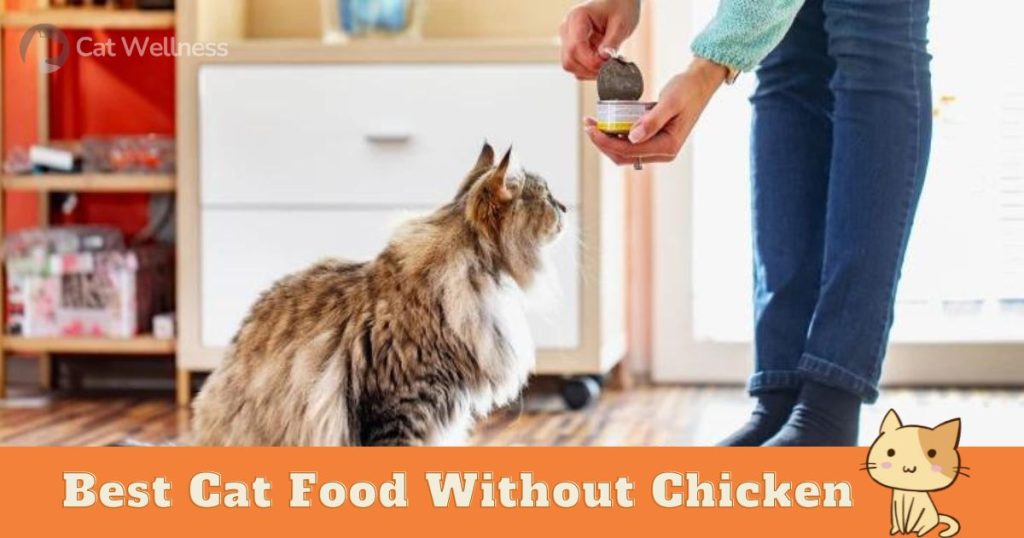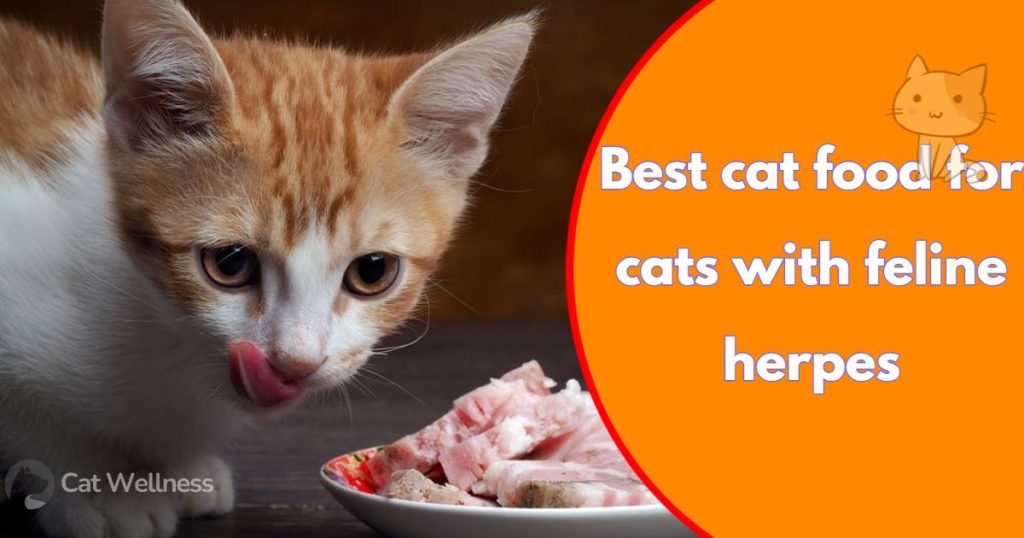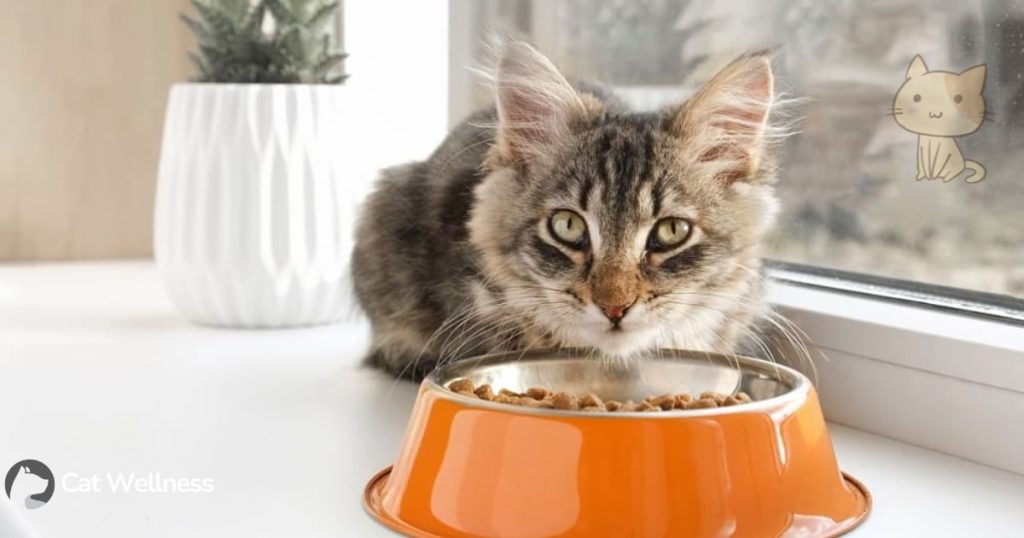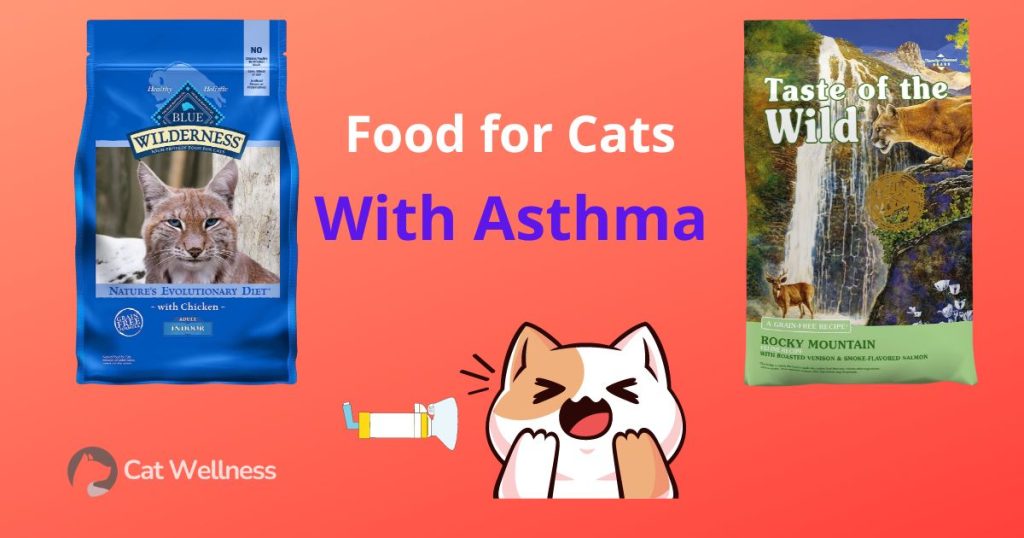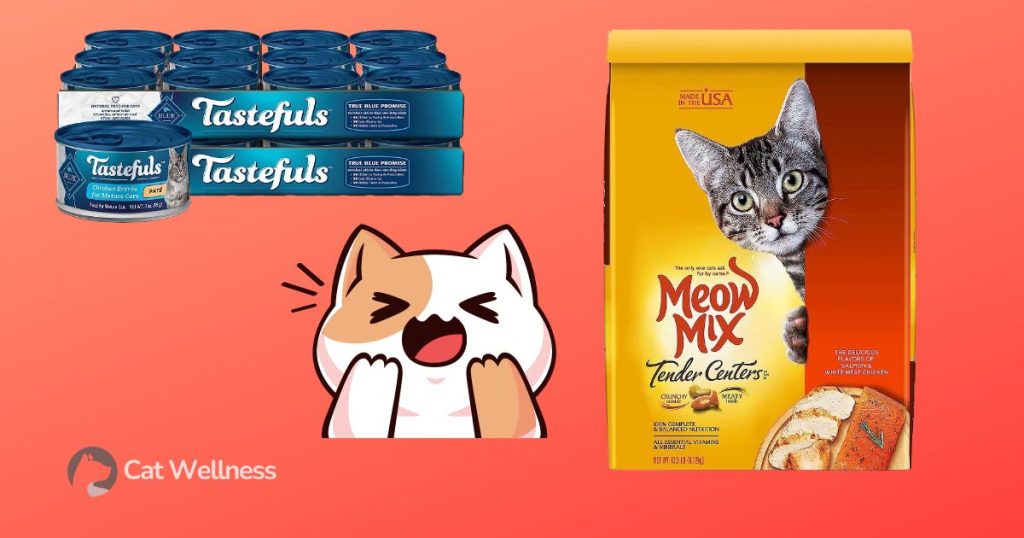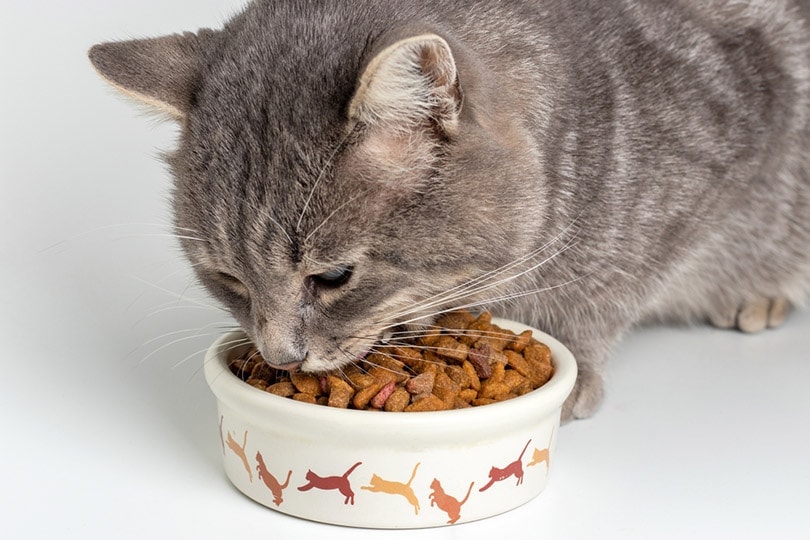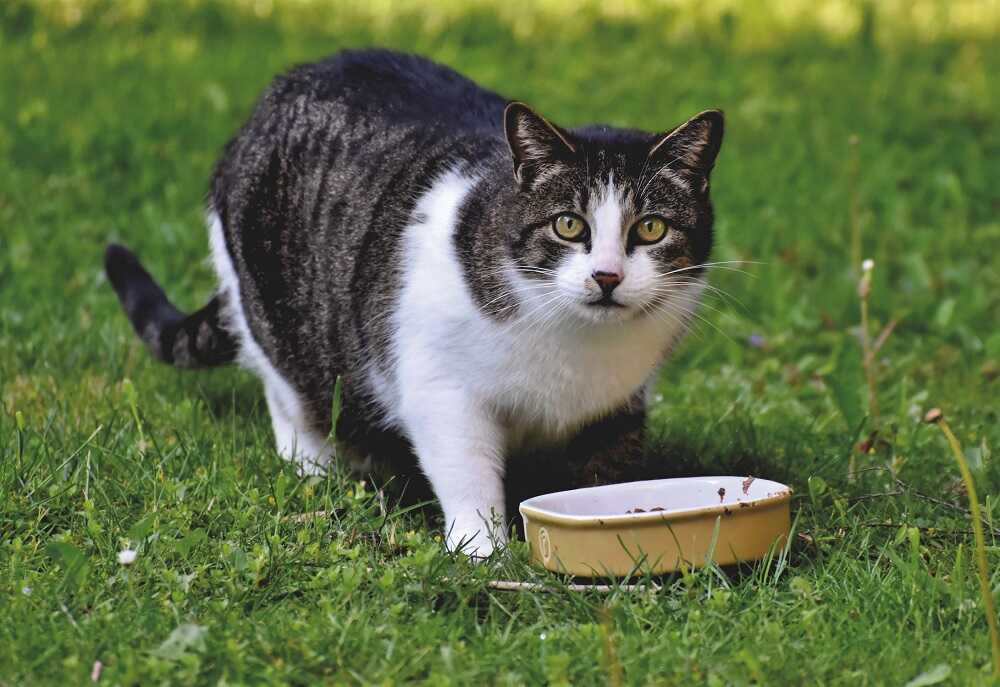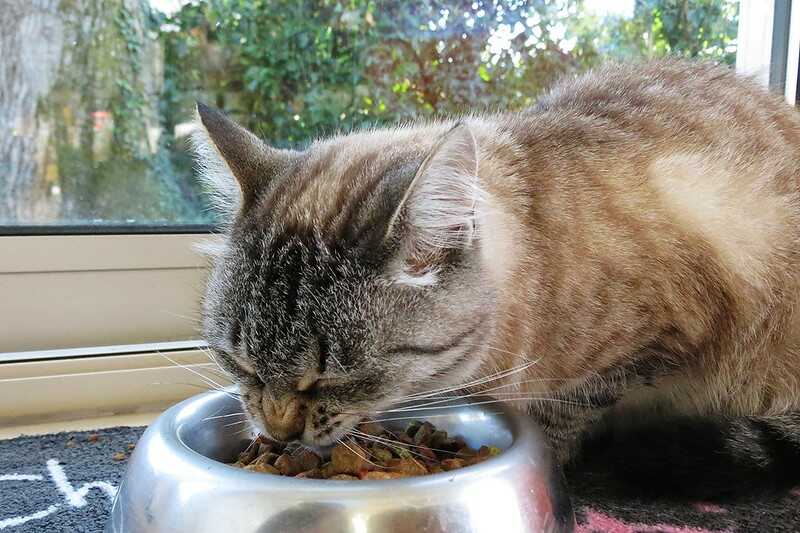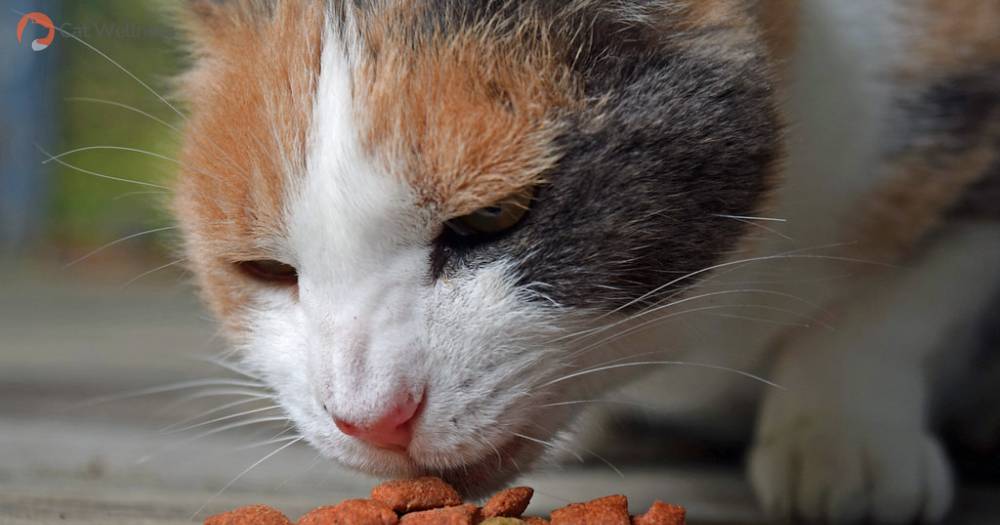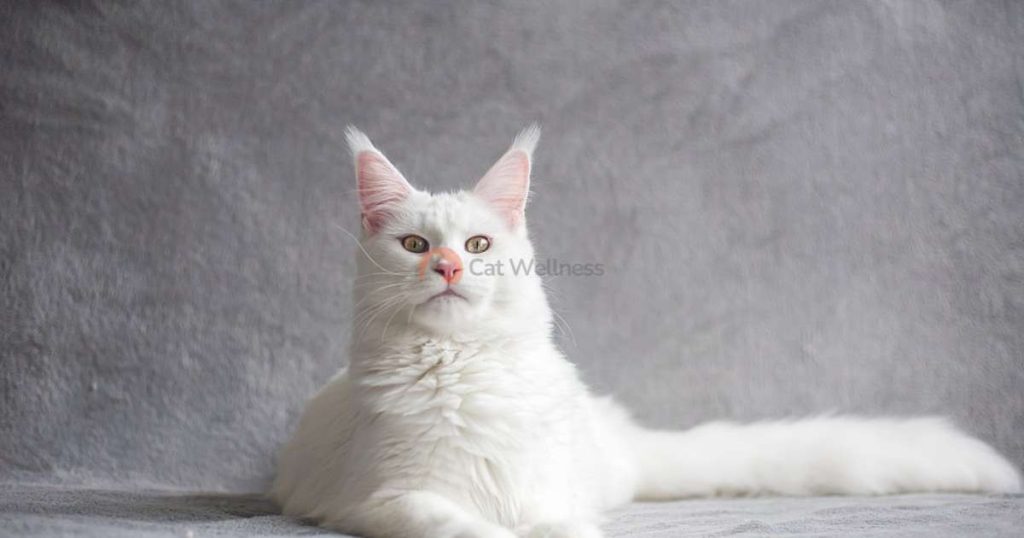Have you ever wondered what fruits your beloved feline friends can safely enjoy? Cats can eat fruits like apples, bananas, and berries.
Our informative blog will guide you through which fruits are safe for cats and kittens to consume and the potential health benefits they offer.
Ready to discover a new world of fruity delights for your cuddly companions? Let’s dive in!
Safe Fruits for Cats
Cats and kittens can safely enjoy a variety of fruits, including apples, blueberries, strawberries, watermelon, and cantaloupe.
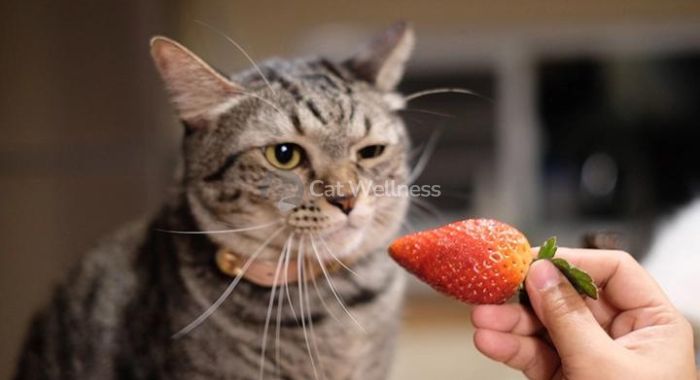
Apples
If your cat shows interest in apples, sharing a bite or two with them is safe. Apples are among the feline-friendly fruits with several health benefits when given sparingly.
Rich in fiber, apples can benefit a cat’s digestive tract, and due to their low-fat content, they make an ideal treat for overweight or older cats.
However, certain parts of an apple, such as seeds and stems, carry harmful compounds to cats. Therefore, always prepare apple slices properly by removing these parts before offering them to your pet.
Blueberries
Blueberries are one of the safe fruits for cats and kittens to consume. While not a natural part of a feline’s carnivorous diet, these tiny berries pose no toxicity risk. Cats may even find their taste and texture enjoyable as an occasional treat.
However, despite being non-toxic, blueberries should be given in moderation due to their high carb content, which is not optimal for a cat’s health.
Packed with antioxidants, blueberries fall into the category of superfoods for humans but not so much for our feline companions. Their nutritional benefits do not hold the same value in a cat’s dietary context.
They can still enjoy this fruit as an occasional treat, though! Whether fresh or frozen, wash them thoroughly before feeding to eliminate any pesticides or dirt that could harm your pet.
Strawberries
Strawberries, bursting with antioxidants, have been classified as one of the feline-friendly fruits that cats can safely enjoy. While these vibrant berries do not harm adult cats when consumed in moderation, kittens are different.
The tender digestive system of a young kitten cannot handle strawberries and thus should be kept away from them. Before giving your cat this fruity treat, ensure the strawberries are washed thoroughly to eliminate any potential pesticides or harmful substances.
Despite their appealing taste and nutritional benefits, such as high antioxidant content, it’s crucial not to overfeed your pet with strawberries or any other fruit. Too much can lead to upset stomachs or even more severe digestive problems.
Watermelon
Watermelon is a safe fruit that cats and kittens can enjoy as an occasional treat. It is not toxic to them and can provide hydration due to its high water content, which makes it an excellent snack for those hot summer months.
However, it’s important to note that watermelon doesn’t offer much nutritional value for cats, so it should be given in moderation.
Additionally, the seeds and rind of the watermelon should be removed before feeding it to your furry friend.
Cantaloupe
Cantaloupe is one of the safe fruits cats and kittens can enjoy in moderation. While cats may not have a sweet tooth like humans, they can still appreciate the taste of cantaloupe.
This juicy fruit is non-toxic to feline friends and packed with essential nutrients beneficial for their health.
Cantaloupes are rich in vitamins A and C and minerals like zinc, copper, and potassium.
Cats can even munch on the rind and seeds without any worries!
Fruits to Avoid Feeding Cats
Certain fruits should be avoided when feeding cats and kittens, such as grapes, raisins, citrus fruits like oranges and lemons, onions, and garlic.

Grapes
Grapes and their dried counterparts, raisins, should never be fed to cats or kittens. These seemingly harmless fruits can be toxic and cause serious health issues for our feline friends.
When ingested, grapes and raisins can lead to digestive problems such as vomiting and diarrhea in cats. Why these fruits harm cats is still unclear, but it’s best not to take any chances.
Even just one grape can harm a cat, so keeping them out of reach from curious kitties is crucial. If you suspect your cat has consumed grapes or raisins, it is essential to seek veterinary attention immediately.
Raisins
Raisins may be a sweet treat, but they can be highly harmful to our feline friends. These dried grapes are toxic to cats and can cause serious health issues if ingested.
Even a tiny amount of fresh grapes or dried raisins can lead to cat kidney failure within 12 hours.
Symptoms of raisin poisoning in cats may include vomiting, diarrhea, and decreased appetite. You should keep all foods containing raisins out of your cat’s reach and consult a veterinarian if you suspect they have consumed any.
Your furry friend’s well-being is always the top priority!
Citrus fruits (oranges, grapefruits, lemons, limes)
These fruits contain citric acid and essential oils that can cause feline problems.
The seeds, leaves, stem, and peel of oranges are also poisonous to cats. The oils and compounds in citrus fruits, such as lemons and limes, can also harm cats. Ingesting these fruits can lead to stomach upset and other health issues for our furry friends.
To ensure your cat’s or kitten’s well-being, stick with cat-safe fruits and avoid citrus altogether.
Onions
Onions are one of the fruits that should never be fed to cats and kittens. They contain N-propyl disulfide, which can be highly toxic to cats. This compound destroys red blood cells in feline bodies, leading to severe health issues.
It’s crucial to remember that all forms of onions, whether they are fresh, cooked, or dried, should be avoided in your cat’s diet. Even small amounts can cause harm, and regular ingestion can result in onion poisoning.
Related Post: Best Soft Kibble Cat Food For Oral & Digestive Health
Garlic
Garlic is an ingredient that should be strictly avoided when feeding cats and kittens. It falls under the Allium genus, along with onions, which can cause damage to their red blood cells if consumed in large quantities.
This can lead to anemia and other serious health issues. Even small amounts of garlic can have long-term effects on a cat’s health, making it crucial for owners to be vigilant about keeping this toxic food away from their furry friends.
Whether cooked with or used as an ingredient in bread or any other dish, garlic should never enter a cat’s diet.
Benefits of Feeding Cats Fruits in Moderation
Nutritional Value (Vitamins and Antioxidants)
Thanks to their vitamins and antioxidants, fruits offer many nutritional benefits for cats and kittens. These essential nutrients support a cat’s overall health and immune system.
For example, strawberries contain antioxidants that help fight free radicals and promote cellular health. Pineapple contains essential digestive enzymes that aid in healthy digestion and boost the immune system.
Apples provide essential vitamins, while blueberries offer an abundance of antioxidants. Including these fruits, in moderation, can provide your feline friend with valuable nutrients to support their well-being.
Hydration
Feeding cats and kittens fruits in moderation can provide essential hydration benefits. Fruits, such as watermelon, strawberries, melons, and blueberries, are delicious and contain high water content that can help keep your feline companions hydrated.
In addition to their natural thirst-quenching properties, these fruits are packed with vital vitamins and fiber that contribute to overall good health.
However, it’s important to remember that fruits should only make up a small portion of a cat’s diet – around 2% – to ensure they receive the appropriate balance of nutrients from their primary source of protein.
By incorporating hydrating fruits into your furry friend’s diet in moderation, you can help support their well-being while providing a delightful treat.
Promotes Healthy Digestion
Fruits can promote healthy digestion in cats and kittens when fed in moderation. They are packed with fiber that aids in regulating bowel movements and preventing constipation.
Additionally, fruits like pineapples contain enzymes called bromelain that assist in breaking down proteins and improving digestion efficiency.
Incorporating safe fruits into their diet can help maintain a balanced digestive system for cats and kittens, ensuring they feel comfortable and free from gastrointestinal issues.
Precautions When Feeding Cats Fruits
Remove Seeds and Pits
Removing any seeds and pits when feeding them fruits is crucial to ensure your furry friends’ safety.
This precaution helps prevent choking hazards and eliminates the risk of exposing them to toxic substances.
Cats should never consume the pits or seeds of any fruits, as they may contain harmful compounds that can harm their health.
Wash fruits thoroughly
To ensure the safety of your feline friend, you should wash fruits thoroughly before offering them as a treat. By washing fruits, you can remove any dirt or pesticide residues that may be present on the skin.
This step helps minimize the risk of exposing your cat to harmful chemicals or potential digestive issues.
Additionally, washing fruits also helps eliminate bacteria or other contaminants that may have come into contact with the fruit during handling or storage.
Introduce New Fruits Gradually
Cats have sensitive digestive systems, so abrupt changes in their food can lead to stomach upset or other gastrointestinal issues.
Introducing fruits slowly gives your cat’s body time to adjust and adapt to these new additions. Start by offering a small piece of fruit as a treat and observe how your cat reacts.
You can gradually increase the amount over time without adverse reactions or signs of discomfort.
Consult a Veterinarian for Specific Dietary Recommendations
While some human foods can be safely given to cats in moderation, it’s important to understand the suitable limitations and quantities for their consumption.
A veterinarian can provide personalized guidance based on your cat’s specific needs, health conditions, and any precautions that must be taken.
Conclusion
In conclusion, while cats are obligate carnivores and their main diet should consist of meat, a few safe fruits can be incorporated into their diet in moderation.
Apples, blueberries, strawberries, watermelon, and cantaloupe are some fruits cats can enjoy as occasional treats.
Always consult a veterinarian before introducing new foods to your feline friend’s diet. Remember, proper nutrition is essential for their overall health and well-being.
References
www.purina.co.uk/articles/cats/feeding/what-cats-eat/can-cats-eat-watermelon
www.rd.com/list/foods-toxic-to-cats
Recommended Reading

